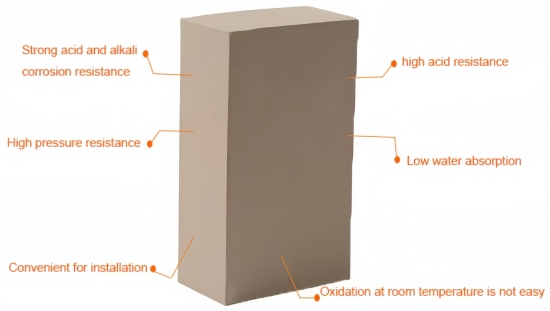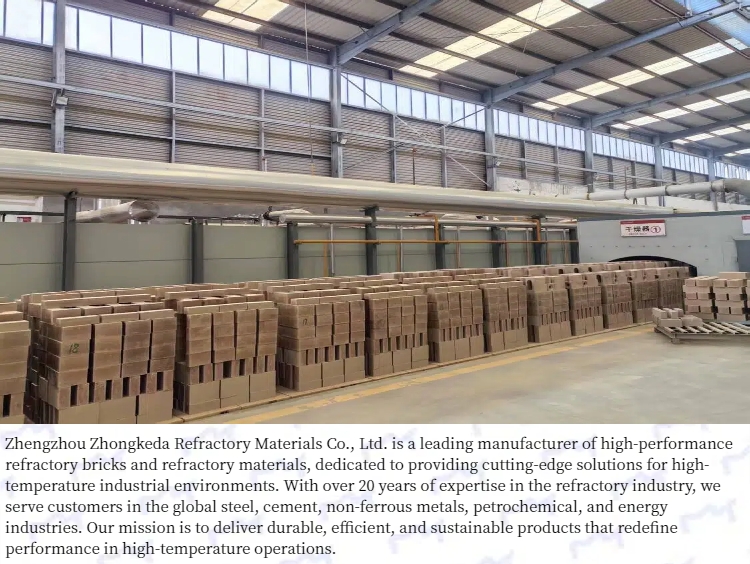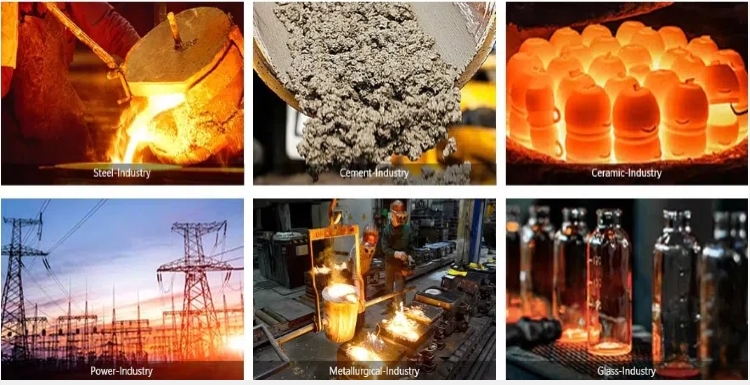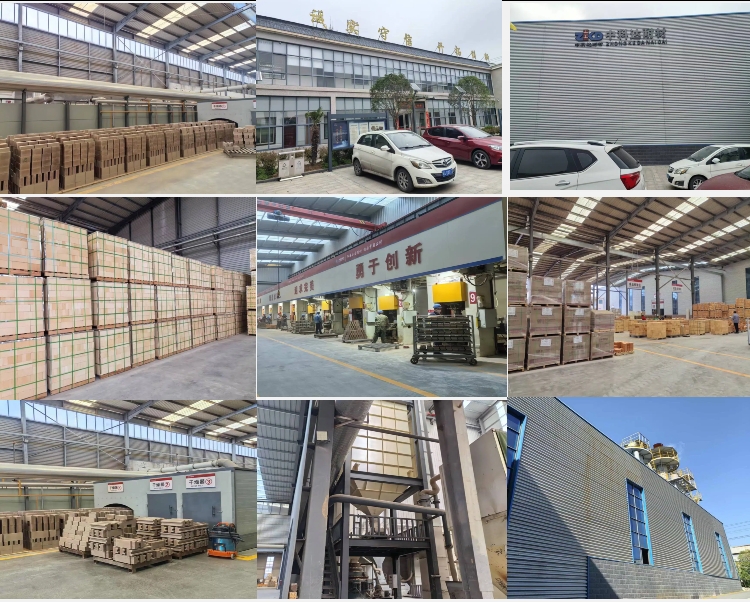Acid Resistant Brick
Acid Resistant Bricks - Superior Protection Against Corrosion and Chemical Attack
🔥1300℃ Sintered |🛡️ 99% Acid Resistance | 🌍25+ Countries Served
Acid Resistant Bricks are specially engineered ceramic bricks designed to withstand strong acids, alkalis, and other corrosive chemicals at both ambient and elevated temperatures. Manufactured from high-quality raw materials such as silica, feldspar, kaolin, and other chemical-resistant components, these bricks provide exceptional durability, low water absorption, and high mechanical strength — making them essential for industrial applications requiring corrosion-resistant linings.Characters of Acid Resistant Bricks:
✅ Excellent resistance to strong acids, alkalis, and chemical solvents
✅ Low water absorption and high density
✅ High mechanical strength and abrasion resistance
✅ Thermal stability and resistance to thermal shocks
✅ Long service life even under harsh chemical environments

Main Applications of Acid Resistant Bricks:
•🏭Chemical Processing Plants: Tanks, towers, reaction vessels, and drainage systems
•🏗 Acid Pickling Tanks and Floors: Steel plants, metal treatment facilities
•🏢Fertilizer Factories: Equipment linings and floors
•🌿Pharmaceutical and Food Industries: Areas exposed to aggressive cleaning agents
•🚰Sewage Treatment Plants: Corrosion-resistant linings and channels
Parameters of Acid Resistant Bricks:
| Item | Value |
| SiO₂ (%) | 60~70 |
| Al₂O₃(%) | 20~30 |
| Fe₂O₃(%) | 0.5~3.0 |
| Bulk Density, (g/cm³) | 2.3~2.4 |
|
Acid Resistance, (%) |
>99.8 |
|
Water Absorption, (%) |
≤0.5 |
|
Bending Strength, (Mpa) |
>55.8 |
|
Compressive Strength, (Mpa) |
≥120 |
FAQ:
Q1: What are Acid Resistant Bricks made of?
A1: Acid Resistant Bricks are typically made from high-silica content materials, feldspar, and carefully selected clay, fired at high temperatures to achieve exceptional chemical resistance, low porosity, and high strength.
Q2: What industries commonly use Acid Resistant Bricks?
A2: Acid Resistant Bricks are widely used in chemical plants, steel pickling lines, fertilizer production facilities, sewage treatment plants, pharmaceutical factories, and food processing industries — anywhere corrosion resistance is critical.
Q3: What types of chemicals can Acid Resistant Bricks withstand?
A3: Acid Resistant Bricks offer excellent resistance to a wide range of acids, including sulfuric acid, hydrochloric acid, nitric acid, and organic acids. They also resist most alkalis, solvents, and aggressive cleaning agents.
Q4: Can Acid Resistant Bricks withstand high temperatures?
A4: Yes, Acid Resistant Bricks maintain good structural integrity and chemical resistance at temperatures up to approximately 170°C (338°F) under continuous exposure. For higher temperatures, special grades may be available.
Q5: Do you offer custom sizes or shapes?
A5: Yes, we offer full customization services for Acid Resistant Bricks, including non-standard sizes, special shapes, and even custom color options to meet specific project requirements.
Q6: How are Acid Resistant Bricks installed?
A6: Acid Resistant Bricks are usually installed using acid-proof mortar or chemical-resistant adhesives. We can provide technical guidance, recommended installation procedures, and even supply compatible mortars if needed.
Q7: Can you provide technical support or installation advice?
A7: Absolutely. Our technical team can assist with material selection, installation design, and provide detailed instructions or on-site support as required for your project.





 Zhengzhou Zhongkeda Refractory Materials Co., Ltd
Zhengzhou Zhongkeda Refractory Materials Co., Ltd

